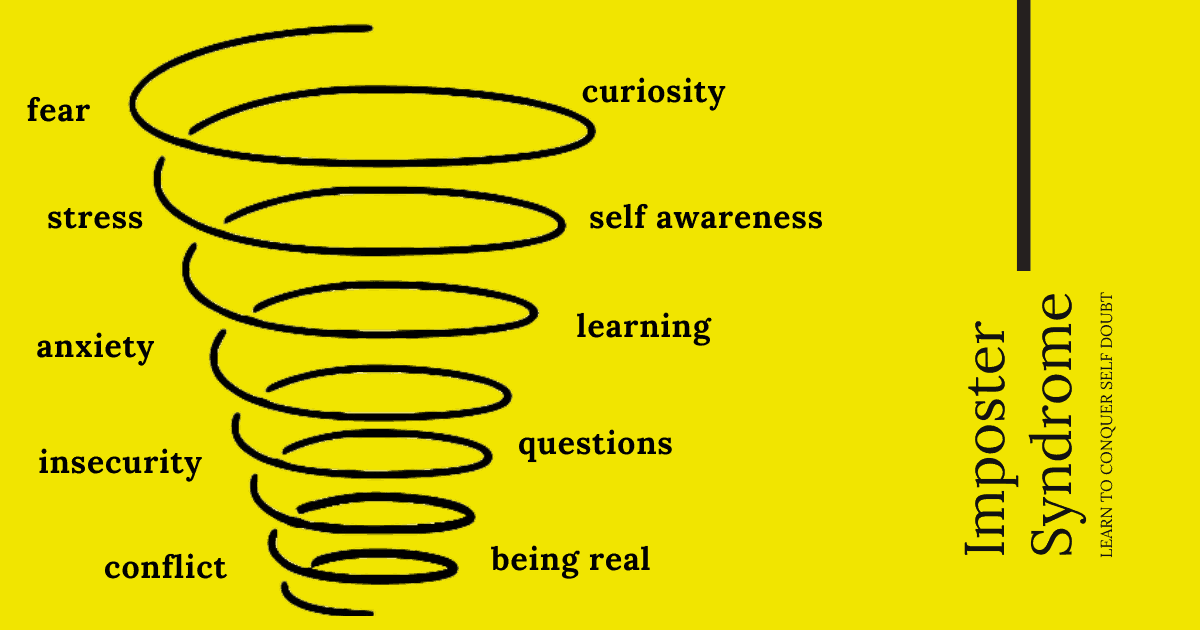
Workplace stress causes mental health issues for many people worldwide. According to a recent survey, two-thirds of professionals say that their stress levels are higher compared to five years ago. The survey revealed that many factors cause this increase like keeping up with changes in technology, interpersonal conflict, and increased workloads.
Poor mental health doesn’t only have an impact on workers, but also employers and businesses as well. Workplace stress caused the loss of over 70 million working days a year because of its connection with several physical and mental conditions. When issues regarding employee mental health are not addressed, businesses will experience increased staff turnover and loss of productivity.
What Are The Common Workplace Mental Health Issues?

Five common mental health issues arise with increased stress or pressure in the workplace:
1. Depression
Depression can manifest in various ways in the workplace. One person can feel frequent nervousness, restlessness, or irritability. Some people even have physical complaints like aches and pains. Depressed employees can become passive and withdrawn in the workplace, and this leads them to lose productivity and the opportunity to collaborate with others.
Depression can also cause fatigue at work, especially when they have difficulty sleeping at night. This can cause them to have poor decision-making skills, which can negatively affect the tasks they need to do.
2. Bipolar Disorder

Bipolar disorder is characterized as a person experiencing cycles of elevated and depressed moods. When a person with this condition is in an elevated mood, they may appear overly energetic and creative. Although being energetic is a good thing, too much of it can cause productivity to suffer. A person with bipolar disorder may experience a full-blown manic phase where they become too aggressive or disruptive, leading to mistakes in judgment.
People with this condition can also experience depressed states where they exhibit behaviors similar to people who are diagnosed with depression. They can be energetic today and feel down by tomorrow.
3. Impostor Syndrome

Impostor syndrome is also called fraud syndrome because a person with this condition would frequently experience doubts about their accomplishments and talents. They have this persistent fear of being called a fraud by their employers or their peers.
Many factors contribute to the development of this issue like anxiety and depression. Impostor syndrome commonly arises when there is a lack of positive feedback from the managers. An employee may feel like they’re not living up to the expectation of their bosses and don’t see any of their positive qualities. They also tend to compare themselves to their workmates and feel down when they think they didn’t perform well.
4. Anxiety
Anxiety is a common mental health issue in the workplace. It often manifests as fatigue, restlessness, and excess worrying. Sometimes symptoms of anxiety are not noticeable, but when it comes to depression, you might observe some physical symptoms like difficulty concentrating and irritability. Employees feel anxious when they don’t get enough feedback about their performance.
Anxiety disorder can cause someone to lose their productivity at work, and their fear will also impair their decision-making skills. When left unchecked, an anxiety disorder may lead to depression.
5. ADHD – Attention Deficit Hyperactivity Disorder

Unknown to many, ADHD is not only a childhood problem, but it also affects adults as well. Employees with ADHD manifest behaviors like inefficiency or an inability to meet deadlines and manage tasks. These employees also have frequent arguments with their co-workers and have difficulty following the instructions of their supervisors.
How To Cope With These Mental Issues In The Workplace?
Many employees are hesitant to speak up about their mental health struggles because they fear being judged by their supervisors and their peers. People also worry that they may lose their job status and that speaking up might hinder future opportunities for their career.
With that, supervisors, managers, and business leaders themselves should end the stigma on mental health issues and create a safe space to talk about their issues. Here are some more ways employees and employers can cope with mental issues manifesting in the workplace:
1. Recognize The Warning Signs

Observing people around the workplace and recognizing signs of mental issues is the first step in addressing the problem. As stated, people with depression or anxiety will have changes in their behavior. Someone who was naturally jolly and productive at work may exhibit depressed moods or become alienated from other workers. You can also check their performance and see if there is a decline in delivering their assignments.
2. Call Their Attention
Once you notice a change, it may feel awkward or difficult to talk to the individual regarding the issue directly. Employees may also not be comfortable to discuss it right away. This is why leaders needed to create opportunities where they can have confidential and nonjudgmental conversations with their employees. They can talk about their issues during their annual performance review or set a monthly update with each worker. Leaders need to ensure employees that they have a safe space to talk about their issues.
If you’re an employee and you observe a co-worker with anxiety or depression, offer to sit with them during lunchtime or invite them over for a cup of coffee after work hours. If you’re not that close to that person, you can ask their immediate supervisor about your concerns so that they can set a confidential meeting with them.
3. Take Breaks

Depression and anxiety often arise when a person is too overwhelmed with their tasks at work. Taking frequent breaks is essential to increase productivity at work. When you feel overwhelmed with the tasks on hand, try taking a 15-minute walk during lunch break or stretch your body for five minutes in between meetings or tasks.
For managers, make sure that you allow your employees to take a break or encourage them to take a vacation leave when you think that they’re spending too much time at work. You can also organize a simple activity with your team that is not work-related like team-building trips or after-work get-togethers.
Final thoughts
Workplace stress isn’t uncommon, and there are several mental health issues like depression, anxiety, and impostor syndrome that develop when it’s left unchecked. When companies ignore the symptoms of mental health issues, it poses detrimental effects on the business. These issues can also cause lower productivity and strained relationships among the workforce.
The key to coping with employee stress and mental health issues is to acknowledge the problem and recognize the triggers. When you end the stigma on mental health, everyone in the workforce will have the confidence to address what they’re going through and seek treatment and counseling to improve their mental health.


